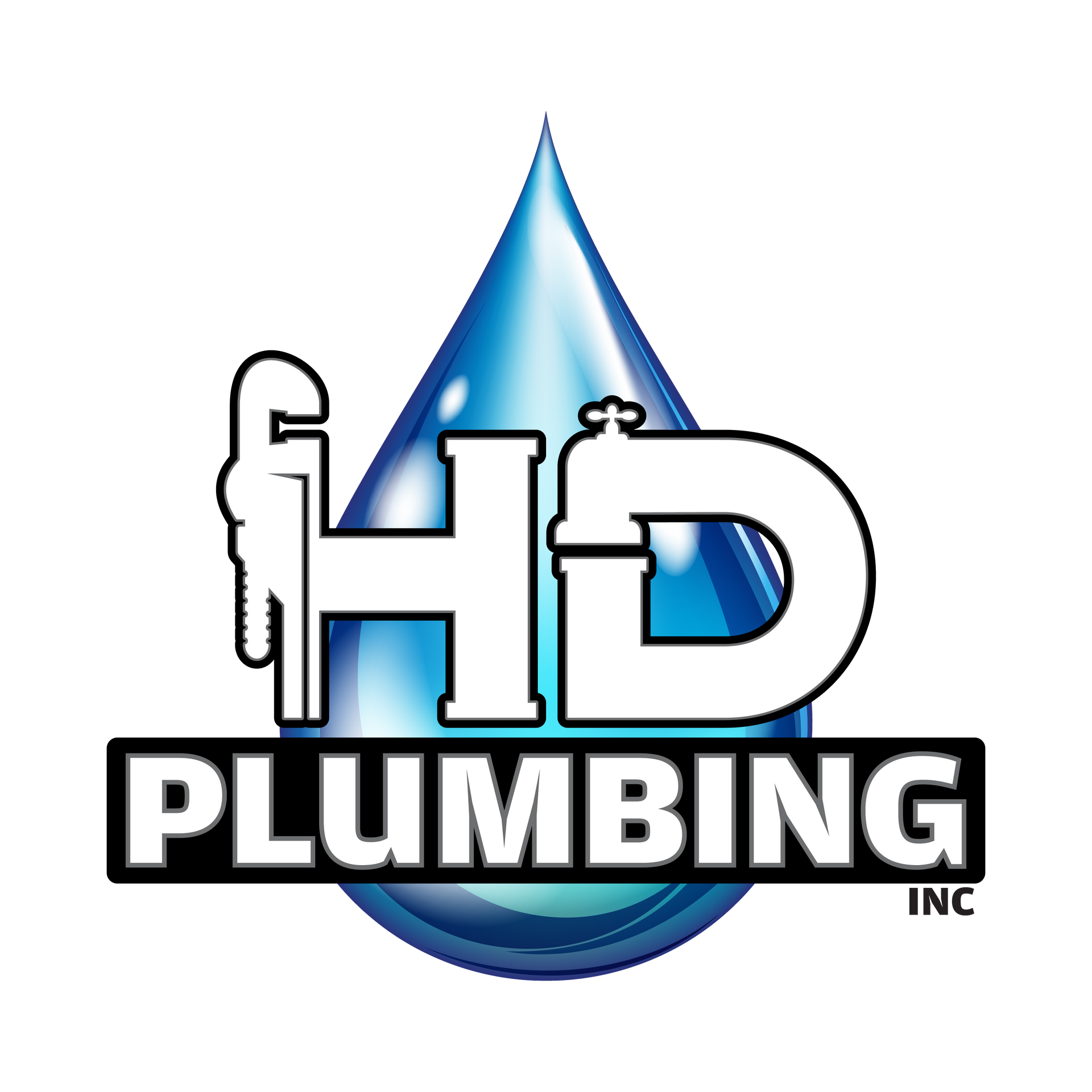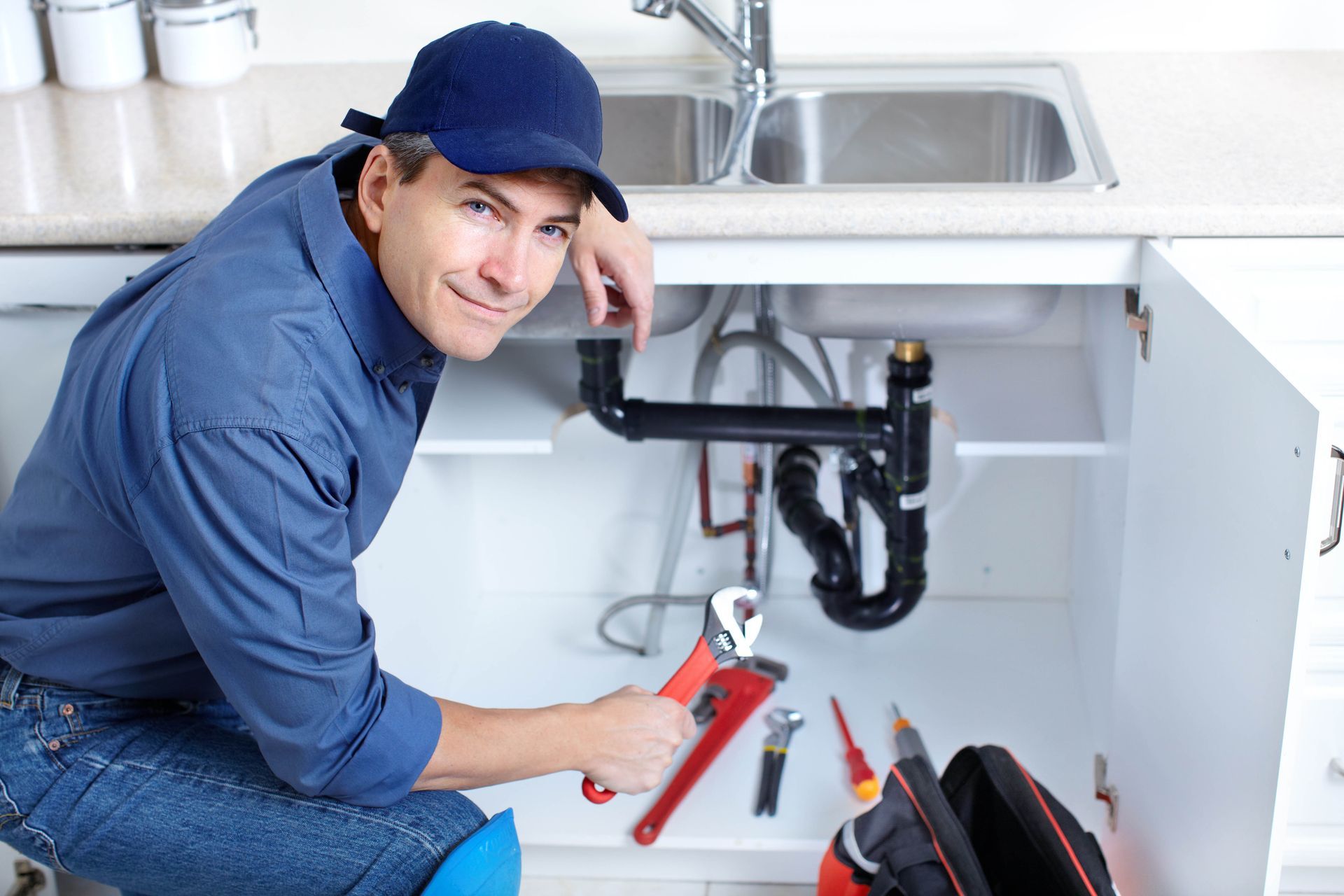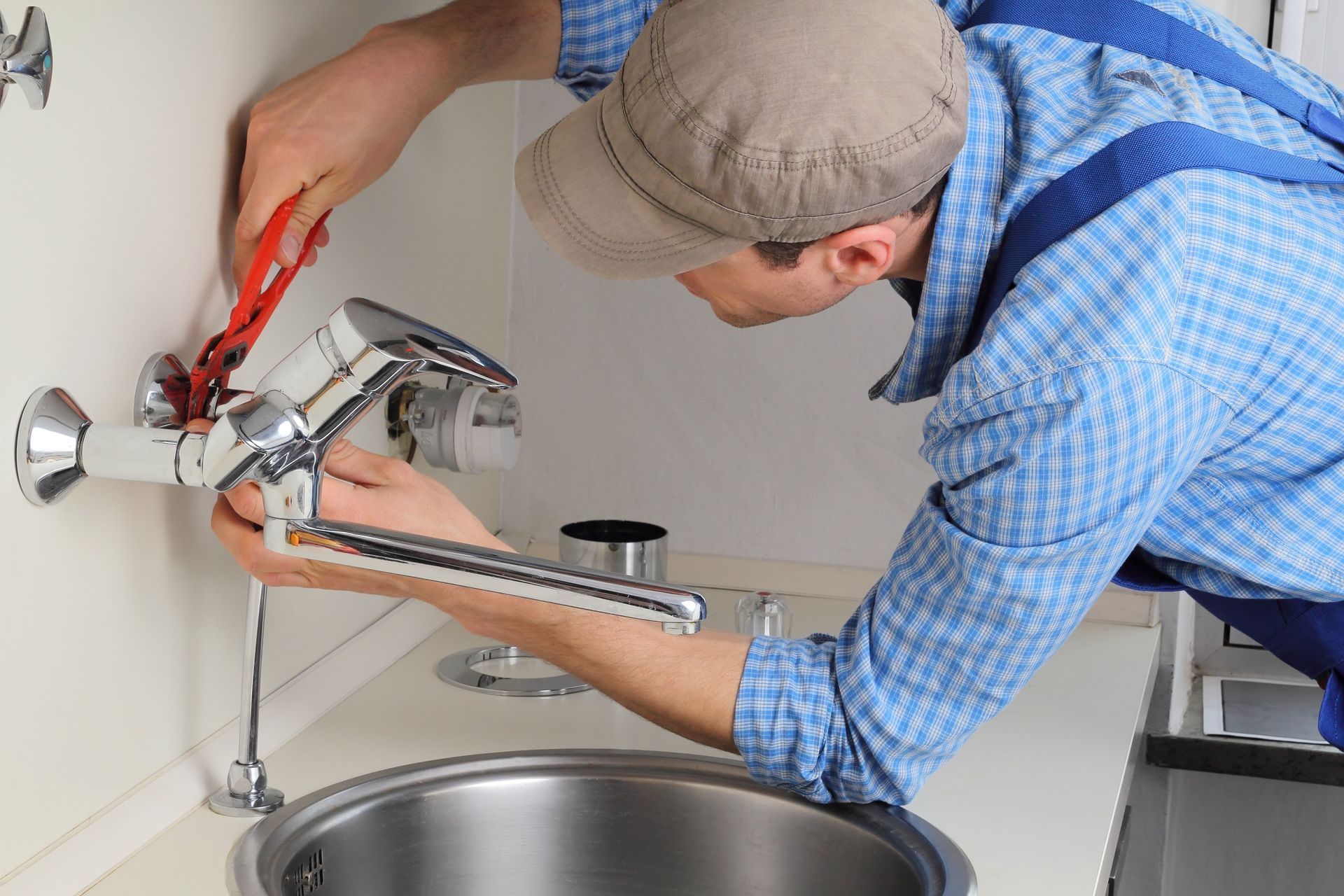How Plumbing Services Can Save You Money Longterm
In today's economy, homeowners and businesses alike are looking for ways to reduce expenses. One often overlooked area where significant savings can be realized is through regular plumbing services. Proper maintenance and timely repairs can prevent costly issues down the line, improve efficiency, and provide peace of mind. Not only do these services safeguard against large-scale repairs, but they also encourage sustainable practices in energy and water usage. In the long run, investing in plumbing solutions is similar to laying down a financial safety net for unexpected expenses.
1. Preventive Maintenance Saves Money
Preventive maintenance is invaluable when it comes to identifying underlying plumbing issues early. Regular inspections by professionals enable the discovery of potential problems before they become significant and costly. For example, by catching small leaks or worn-out fixtures during routine check-ups, you can prevent expensive emergency repairs. Moreover, early detections help avoid prolonged water wastage, conserving resources and reducing your bills. According to the Environmental Protection Agency, a small leak can waste more than 10,000 gallons of water annually, highlighting the importance of timely detection.
By engaging in regular maintenance, homeowners can significantly extend the lifespan of their plumbing systems. Consistent check-ups ensure that any wear and tear are promptly addressed, reducing the likelihood of complete system failures. Keeping plumbing components in top condition not only saves money but also contributes to a more sustainable lifestyle. Proactive care means pipes, joints, and fixtures remain functional for longer, delaying costly replacements. With each maintenance session, not only is immediate durability considered, but long-term efficiency is also enhanced.
Routine maintenance helps in reducing the likelihood and frequency of emergency repairs. Emergencies, by nature, require immediate attention and can incur premium charges for services. Regular servicing keeps such unexpected breakdowns at bay, preventing stressful and often expensive situations. During these check-ups, experts can forecast potential problem areas, allowing for planned interventions when necessary. This proactive approach saves homeowners from the financial strain of last-minute repairs, which could otherwise break the bank.
Preventive plumbing maintenance is vital in avoiding water damage, which can become astronomically costly if left unaddressed. Water damage not only harms the immediate plumbing system but also the surrounding infrastructure, like walls and flooring. Regular checks can identify vulnerabilities that might lead to leaks or floods, ensuring corrective measures are taken promptly. This mitigates the risk of structural damage, mold growth, and rotting materials within the home. By averting such scenarios, homeowners preserve the integrity of their property and avoid the financial burden of excessive restoration.
Maintaining consistent water pressure is crucial to the health of plumbing systems and the comfort of daily living. High or irregular water pressure can strain pipes, leading to leaks and even burst pipes. Preventative maintenance often includes pressure management, ensuring the system operates within a safe range. Managed pressure not only prolongs the lifespan of the plumbing but also enhances water efficiency, lowering utility bills. Consistent pressure provides a more pleasant experience for homeowners, from smoother showers to efficient appliances.
2. Energy Efficiency Through Upgraded Fixtures
According to the Environmental Protection Agency, a small leak can waste more than 10,000 gallons of water annually. Older toilets can use as much as six gallons per flush, while newer low-flow models use less than two gallons. Over time, these savings accumulate, forming a substantial reduction in water bills. Additionally, reduced water usage supports community efforts in conservation, benefiting both the homeowner and the environment. While the initial investment may be higher, the return on investment through savings makes it worthwhile.
Installing water-saving showerheads can contribute to a dramatic reduction in water usage without compromising performance. These devices are designed to deliver satisfying pressure with less water, often reducing usage by up to half. Conserving water in this manner directly lowers water bills and reduces the burden on water heaters, saving energy. They are an easy retrofit, allowing homeowners to quickly realize savings and environmental benefits. Combined with low-flow toilets, they transform bathrooms into highly efficient spaces.
Energy-efficient water heaters offer another avenue for reducing utility costs and improving a home's sustainability. Tankless water heaters, for example, provide on-demand hot water without the standby heat loss of traditional tanks. This efficiency translates into reduced energy bills and a smaller carbon footprint. By investing in high-efficiency models, homeowners can expect longer service life and less water heating cost, reinforcing long-term financial savings. Not only does this benefit the wallet, but it also supports broader environmental objectives.
Incorporating weather-adjusted irrigation systems into a property's landscape can play a significant role in water conservation. These systems use real-time weather data or soil moisture levels to optimize watering schedules, avoiding unnecessary waste. By preventing over-irrigation, they preserve water resources, which is crucial during droughts and seasonal dry spells. Efficient irrigation systems benefit both the environment and homeowners by reducing water usage and costs. Over time, savings in water and improved landscape health outweigh the initial investment.
Faucet aerators are simple devices that attach to faucets to reduce water flow while maintaining the perception of high pressure. By mixing air with water, they lower consumption by up to 30%, leading to substantial water savings. They are cost-effective upgrades that can easily be installed in any home, offering immediate results in water efficiency. The reduced water use translates to lower utility bills and contributes to a home's overall efficiency. Such simple innovations can significantly impact sustainability goals when deployed throughout the home.
3. Detecting and Fixing Small Leaks
Minor leaks might seem inconsequential, but they can have a profound ripple effect on water consumption and utility costs. Even small drips tally up to enormous water wastage over time, stressing resources and increasing bills. The EPA notes that an average household leak can waste more than 10,000 gallons of water annually if unaddressed. Such wastage highlights the economic necessity of routine inspections to identify and rectify leaks. The cumulative effect on the environment and the financial drain make leak detection a critical maintenance priority.
Modern plumbing services often incorporate advanced leak detection technology, offering remarkably accurate diagnostics. Technologies such as acoustic devices and pressure monitoring can identify leaks behind walls or under floors where they aren't immediately visible. Implementing these technologies allows homeowners to address leaks promptly, avoiding the costs and complications associated with major repairs. Early detection minimizes water loss, reduces the risk of property damage, and ensures efficient water usage. In a world driven by technology, leveraging such tools puts responsible maintenance within easy reach.
Small leaks are deceptively harmless-looking, often ignored until they escalate into significant and costly problems. Over time, continuous water exposure can weaken structures, cause mold growth, and damage property integrity. This gradual deterioration underscores the importance of addressing even the slightest leaks promptly. The economic and structural repercussions of unchecked leaks far outweigh the costs of professional inspections and repairs. By intervening early, homeowners can secure both their homes and finances against future complications.
In summary, strategic investment in professional plumbing services can lead to substantial long-term cost savings. By focusing on preventative maintenance, upgrading to efficient systems, addressing leaks promptly, optimizing water usage, and maintaining water quality, homeowners and businesses can significantly cut costs and enhance property value. These practices not only offer financial benefits but also contribute to sustainability and enhanced living conditions. As a result, the importance of regular and proactive plumbing maintenance cannot be understated. It's an investment that reaps rewards for both wallet and wellbeing. Be sure to reach out to HD Plumbing today for more information on our professional plumbing services!



Share On: